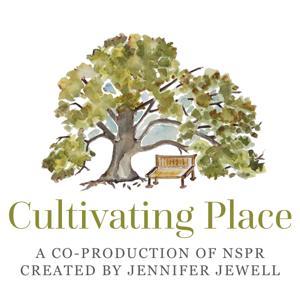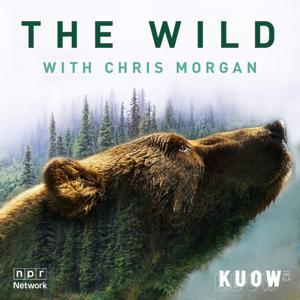We need every single species of native tree here in California, but our 20+ varieties of native oaks are the most crucial of all. In this episode, join me and my guest, Zarah Wyly, on a walk through a relatively new oak woodland in Folsom dotted with two ancient, magnificent oak trees. Learn the story of how this unusual woodland came to be, find out why oaks are my all-time favorite trees, and explore such questions as: What kinds of life are supported by oak trees? If I plant one, will it wreck my house? What do you have to do to acorns to make them edible? Why does it look like some oak trees are growing apples? How do oaks spread such heavy seeds? What kinds of variety is there among different oak species? What does any of this have to do with the Declaration of Independence?
And here's a handy list of the other podcasts participating in Critical Mast!
- Future Ecologies
- Jumpstart Nature
- Nature's Archive
- Learning from Nature: The Biomimicry Podcast
- Outside/In
Ok, get ready for a lot of links. Here you goooooo!
The Declaration of Independence and the Hand of Time
The Nature of Oaks, by Douglas Tallamy
National Resources Conservation Service Resource on Grazing
Secrets of the Oak Woodlands, by Kate Marianchild
Braiding Sweetgrass, by Robin Wall Kimmerer
City Nature Challenge
Sacramento Tree Foundation
Calscape (to help with planting natives!)
Daniel Airola's research on bird diversity in urban forests
The theme song is called "i dunno" by grapes, and it can be found here.
Follow me on Instagram @goldenstatenaturalist
My website is www.goldenstatenaturalist.com
You can find me on Patreon here.
Episode photo by Bendp




































